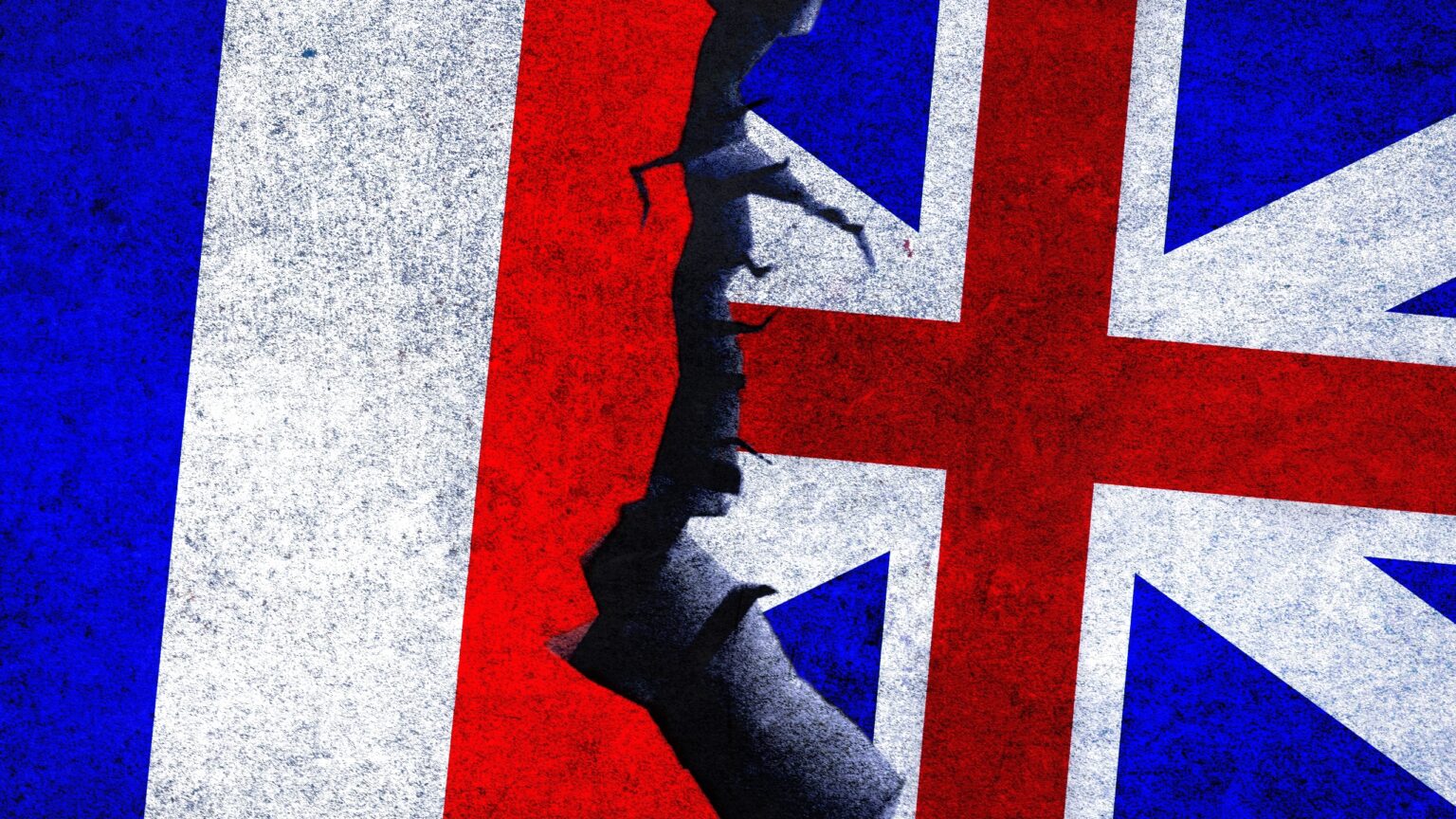As the world pushes for AI-powered growth, Britain and France are competing to take the AI crown in Europe with massive investments being poured into the development of the sector. Both countries believe they have what it takes to be the leaders of AI innovation on their continent.
British Prime Minister Rishi Sunak and French President Emmanuel Macron have both pitched their countries’ potential to be the leaders in the AI race in Europe.
Huge monies pledged
At a recent Viva Tech Conference, President Macron declared his country as number one in AI innovation in Europe and backed his words with a $562 million pledge meant to create “champions” in the field. The funding targets AI startups as the country also aspires to produce companies like OpenAI and compete with both the US and Chinese markets.
“We will invest like crazy on training and research,” Macron told CNBC.
On the other hand, PM Sunak also pitched his country as the best in AI, leveraging on its friendly regulatory framework. This also comes as the country is looking at attracting AI investment as well as growth post-Brexit.
During a London Tech Conference in June, Sunak described his country as the geographical home of AI safety and regulation. His government also pledged $1.3 billion towards AI development, research and special attention will be paid to supercomputing.
Part of the UK government’s plan was to use £900 million in developing technology that will eventually see the country have its own BritGPT, in efforts to rival OpenAI’s ChatGPT.
Although critics are of the view the funding is too little to match or catch up with the US and China, Sunak still aspires to make the UK a hub for AI.
Ex government minister in former PM Boris Johnson’s administration, Sajid Javid, said: “It sounds great but it’s nowhere near where we want to be.” He spoke during the London Tech Week.
Also read: FSB Finalizes Global Crypto Regulatory Framework
Who has the advantage?
Experts believe France, Germany and the UK have significant potential to become leaders in Europe’s AI race. As for France, it is said to possess the talent advantage and startup potential while the UK’s tech regulation is more relaxed compared to France, giving Sunak’s country the advantage.
Recently, the French President was criticized after threatening to shut down social media platforms like TikTok and Snapchat during the height of mass protests in that country after police killed a boy of African origin, igniting racially-charged riots. The president argued that these social media platforms were being used to organize and perpetrate the violent demonstrations.
France also falls under the jurisdiction of the European Union, which already has an AI Act which prohibits some AI applications that are deemed undesirable.
According to a CNBC report, the Act “assesses different applications of AI based on risk.” The report cites the real-time biometric identification on social scoring systems, which is considered to bringing “unacceptable risk.”
Minesh Tanna, a global lead at Simmons & Simmons, an international law firm thinks the UK’s regulation is “pro-innovation” compared to France’s regulatory framework, according to an emailed comment to CNBC.
“The UK’s approach is driven, in a post Brexit world, by a desire to encourage AI investment,” he said.
He added that this gives the UK more “freedom and flexibility to pitch regulation at the appropriate level to encourage investment.”
Both countries in a fix
Other experts are of the view that France and the UK have a lot of work on their hands before they can attract good investments in AI.
Commenting on the emerging AI-hub wars, AI “copilot” for doctors in the form of Nabla CEO Alexandre Lebrun said that while there is a good talent pool and good AI research centers by Google and Facebook, the EU AI Act would make it “impossible” for AI startups to build in the region.
“If at the same time the UK adopts a smarter law, it will definitely win against EU and France,” said Lebrun.
However, it’s not all rosy for London due to political uncertainty, which has put a dent on the prospects of attracting good investment in technology.
Leader of the opposition Labour Party, Keir Starmer told the London Tech Week that investor sentiment was low following the political crises experienced in the UK recently.
“Many investors say to me we are not investing in the UK right now because we don’t see conditions of certainty politically that we need in order to invest,” said Starmer.
Others feel there is a need for concerted efforts and collaboration by the region’s tech superpowers for them to make a meaningful impact in AI.









 and then
and then